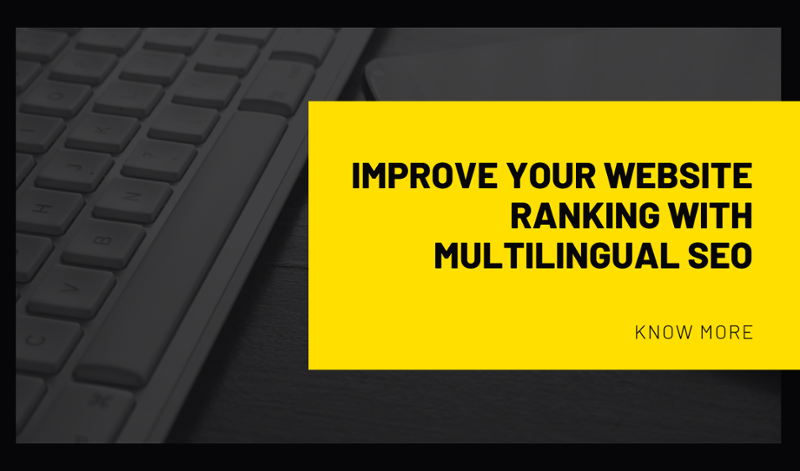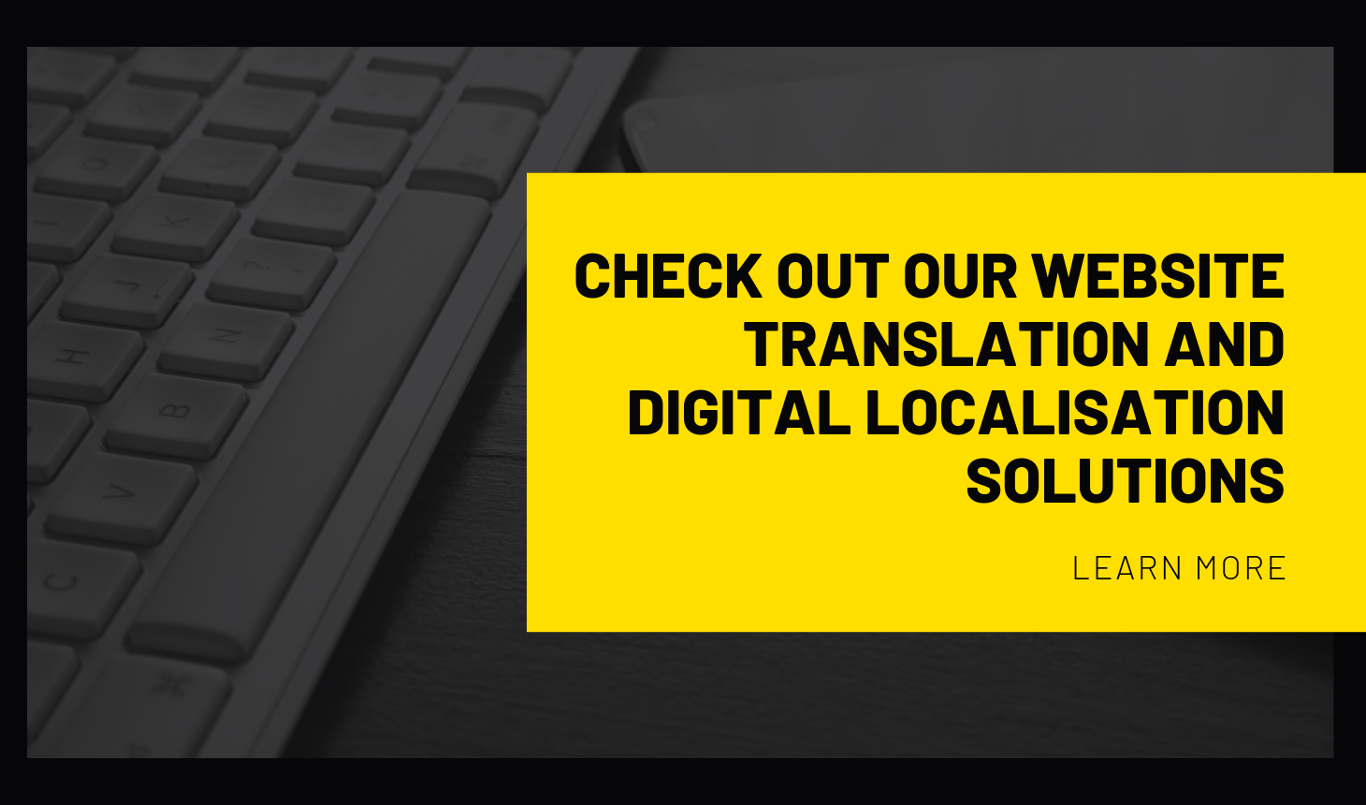Paying attention to multilingual SEO is a piece of advice you must have heard the moment you came across Search Engine Optimization. It's a great advice.
Now, if the digital era revolves around content and digital marketing, the competition to produce useful and engaging articles is becoming fierce. This is where Search Engine Optimisation meets a small but very important detail: keywords.
The subject raises many questions:
- How exactly are keywords selected?
- How are they applied to the SEO of your company or organisation's website? Let's head to the answers and to some advice.
Note: The most searched word may not be the best choice. What are we talking about, then? Let's not forget that keywords will enable your website to appear more often in search engines, but sometimes the word with more searches is also the most frequently used by those seeking the same as you: the best position for your company.
What to do then? When choosing SEO keywords, try to find expressions which best describe the content on your website. Do not forget a principle we've already highlighted in previous articles: "The satisfaction of those who search and find what they are searching for is often worth more than a sheer volume of unqualified traffic".
Tools to help find keywords
Now is the time to ask for help and there are tools that you can always resort to. Namely:
- Google Keyword Planner: through data entry - either a website or a set of keywords, this tool is able to provide a remarkable amount of suggestions.
- Google Search Console: is a free tool on Google that displays data about how your pages are found, what keywords are used and the position of the results.
- Semrush: ideal for identifying and collecting keywords that ensure better positioning on Google than your competition.
- Buzzsumo: this tool reveals which competitors' posts have been most successful on social networks.
- Experts: a task of this magnitude can be handled by yourself, but you must realise that it requires a major effort. That's why you might want to take note of our advice: resort to knowledgeable experts.
Keywords, SEO and translation: the trio of success
It may be unclear at first glance, but reality has shown that globalisation and cultural diversity, both phenomena in an unstoppable cycle of growth, have made it more difficult to reach people, at least people who form your target audience.
So, if your content production effort, which must include the most relevant keywords, is being handled in one language alone - let's assume it is English -, you are probably considering just a portion of the audience you could engage. That's why translating your website is without a doubt, "the" step to take to expand your company or organisation.
But what type of translation do you need? This question has a short and simple answer: SEO translation, definitely. Even if your company website is already up and running, having it translated and meeting the best practices of SEO is the way to go on the path of success. Bear in mind that a good SEO translation, one that best combines localisation with SEO techniques based on keywords and specific methods, guarantees your success online. And that, something we never tire of saying, is decisive.
A final tip: think of SEO as is you were a client
If on one hand, the right keyword will help your website rank higher in search engines, on the other hand, it's essential that it is perfectly aligned with what your brand represents. Those who search for something on the internet expect to find exactly what they're looking for.
As such, when it's time to define the SEO keywords for your company's website, it is important to think outside the box. And thinking outside the box, in this case, isn't thinking like the owner of the company or organisation, but rather like a client. In other words, take note of all the terms and expressions that you'd use to describe the products or services that you sell. In short, you must pay attention and use keywords correctly.
This text was not written by a native English speaker, but by a language lover. However, all our language services are always provided by native speakers.
ABOUT US
AP PORTUGAL - Tech Language Solutions is a Portuguese translation company certified by the ISO 17100 International Quality Standard. The company offers a wide range of language services, which include translation (TEP), post-editing machine translation (PEMT), transcription, desktop publishing and subtitling, voice talent, software and website localisation technology, SEO and consulting. It invests enthusiastically in the development of partnerships and cooperation anywhere in the world where your organization may need a partner for the African, Brazilian and European Portuguese language.
Related Articles:
Inbound and digital marketing, these two concepts are on everyone's lips, almost to the...
Related Articles:
The journey towards globalisation is not a short one, with a series of challenges from...
Related Articles:
What seemed to be distant is just a year away: in 2020, according to Forbes, 30 percent...








Comments